
Similar Posts
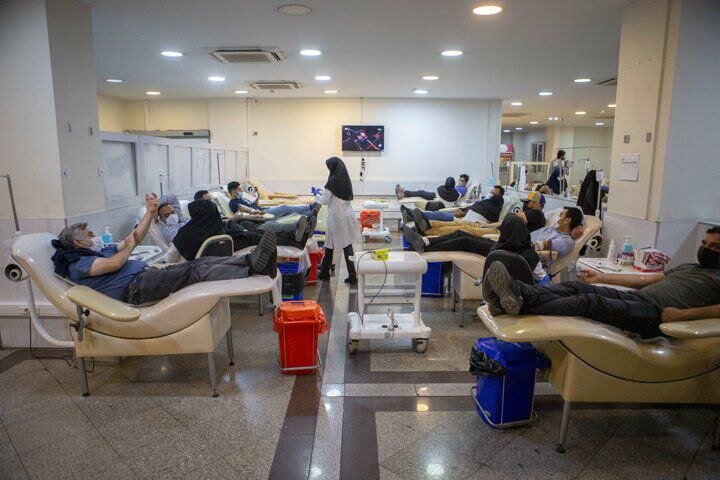
Blood Donations Surge 1.5% Year-Over-Year: A Heartwarming Trend in Community Giving!
In the past Iranian calendar year (March 2024-March 2025), 2.36 million Iranians donated blood, reflecting a 1.5% increase from the previous year. Major contributions came from Tehran, Fars, Khorasan Razavi, Isfahan, Mazandaran, and Khuzestan. Approximately four million blood units were distributed to medical centers. Notably, men constituted 95% of donors, with women contributing only 5%, particularly from Lorestan, North Khorasan, and Sistan-Baluchestan. The need for negative blood types is urgent, as 90% of donations were positive. The WHO commended Iran’s blood donation practices, highlighting its potential as a model for equitable healthcare.
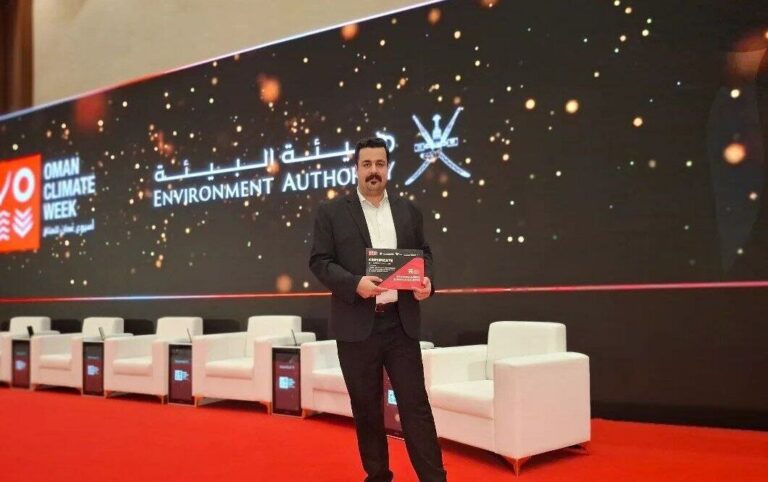
Iranian University Student Crowned ‘Future Climate Leader’: A Rising Star in Environmental Advocacy
Mohammad-Reza Baradaran Motie, a PhD student in architecture, received the ‘Future Climate Leader’ award at Oman Climate Week, held from February 24-27, which focused on sustainable solutions and climate change dialogue. The event featured over 250 speakers from 60 countries and included workshops and training on sustainability. Additionally, Iranian students excelled in various competitions, such as Hosna Salimi, who won ‘Young Researcher of the Year’ at the BRICS and SCO Young Leaders Award in Russia. Iranian teams also achieved success in robotics and science fairs, demonstrating their innovative capabilities and commitment to global challenges.
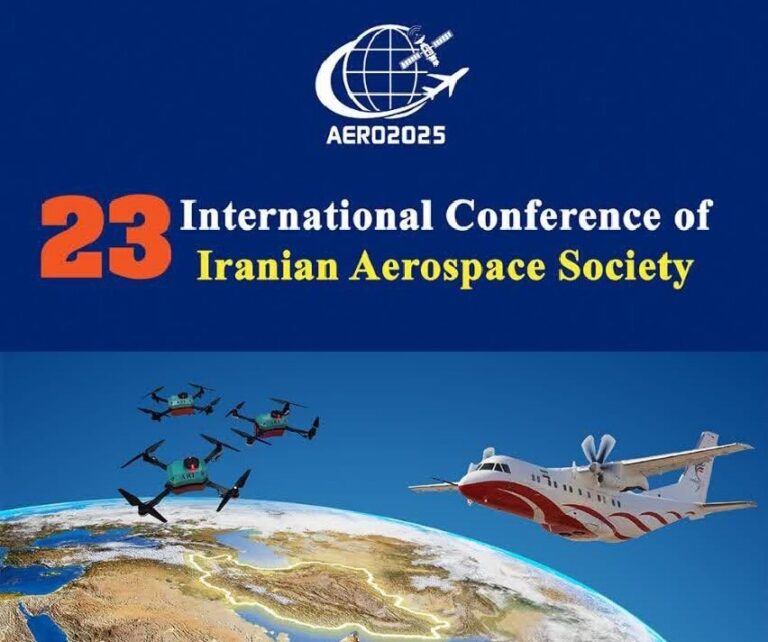
Get Ready for the International Conference of the Iranian Aerospace Society This May!
The 23rd International Conference of the Iranian Aerospace Society will occur from May 20 to 22 in Tehran, addressing diverse topics like aerodynamics, propulsion, and space science. The event will feature technical discussions, speeches from industry leaders, an exhibition of products, and workshops for students. Iran’s aerospace journey began in 1959, leading to significant developments, including the establishment of a remote sensing center and plans for annual satellite launches. The aerospace sector is vital to the global economy, driving advancements in technology and exploration. This conference aims to foster innovation and collaboration, underscoring Iran’s commitment to aerospace advancements.
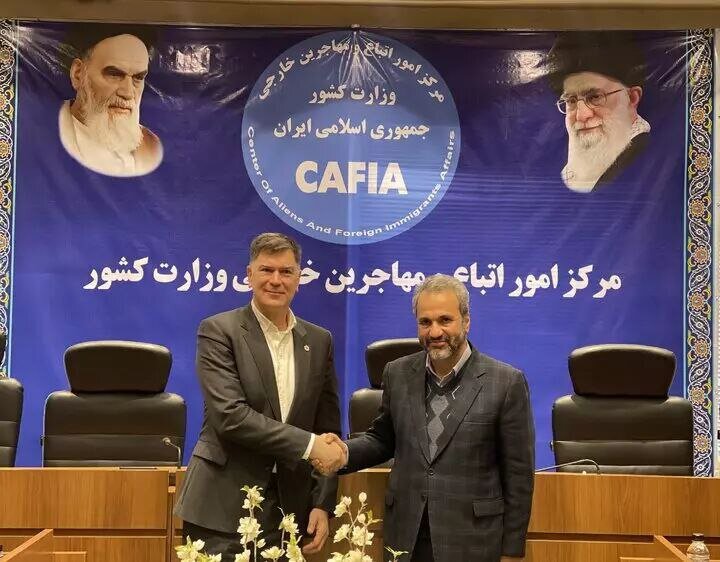
ICRC Steps Up to Empower Refugee Students in Iran: A Lifeline of Support
The International Committee of the Red Cross (ICRC) is enhancing educational support for refugee children in Iran, particularly Afghan refugees, in response to the humanitarian crisis. ICRC representative Vincent Cassard praised Iran’s efforts in family reunification and education during a February meeting with Nader Yar-Ahmadi, head of Iran’s National Organization for Migration. They discussed the significant number of refugee students and proposed joint educational initiatives. In May 2024, ICRC and the Iranian Red Crescent Society will launch programs in Mashhad, providing health, rehabilitation, and educational services. Yar-Ahmadi warned that without international aid, Iran may reconsider its refugee policies.

Tashkent Strengthens Collaboration with Sharif University of Technology to Enhance Educational Ties
Uzbekistan’s First Deputy Minister of Higher Education, Daliv Shahrukh Khozhakbarovich, has advocated for stronger partnerships between Sharif University of Technology and Uzbek universities to enhance educational collaboration. A memorandum of understanding was signed to establish a Sharif University branch in Tashkent and develop a science and technology park. Khozhakbarovich also emphasized the importance of direct interactions between scientific officials for impactful results. Discussions included joint research, student exchange, and collaborative funding, aiming to enrich both nations’ technological landscapes. Uzbekistan expressed interest in broader cooperation with Iran, recognizing its advancements in science and technology, fostering a promising future for regional collaboration.
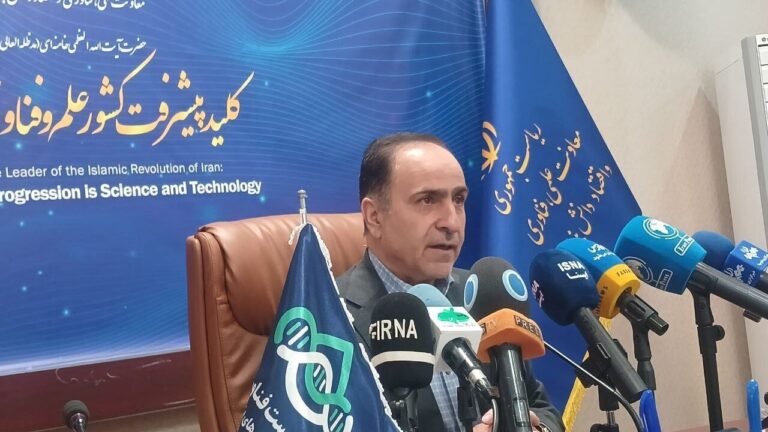
Revolutionary AI Technology Slash Treatment Costs by 40%, Says Official Report
The integration of artificial intelligence (AI) in healthcare is poised to transform the sector by reducing costs, particularly for chronic disease management, by up to 40%. Mostafa Qanei from the Vice Presidency for Science and Technology highlighted the urgent need to address high healthcare expenses through AI technologies. The first symposium on AI in health will occur in Tehran this summer, focusing on smart hospitals and fostering collaboration among experts. Topics include AI assistants, patient experiences, automation, and ethical issues. This event aims to enhance hospital efficiency and patient care, underscoring AI’s critical role in the future of healthcare.